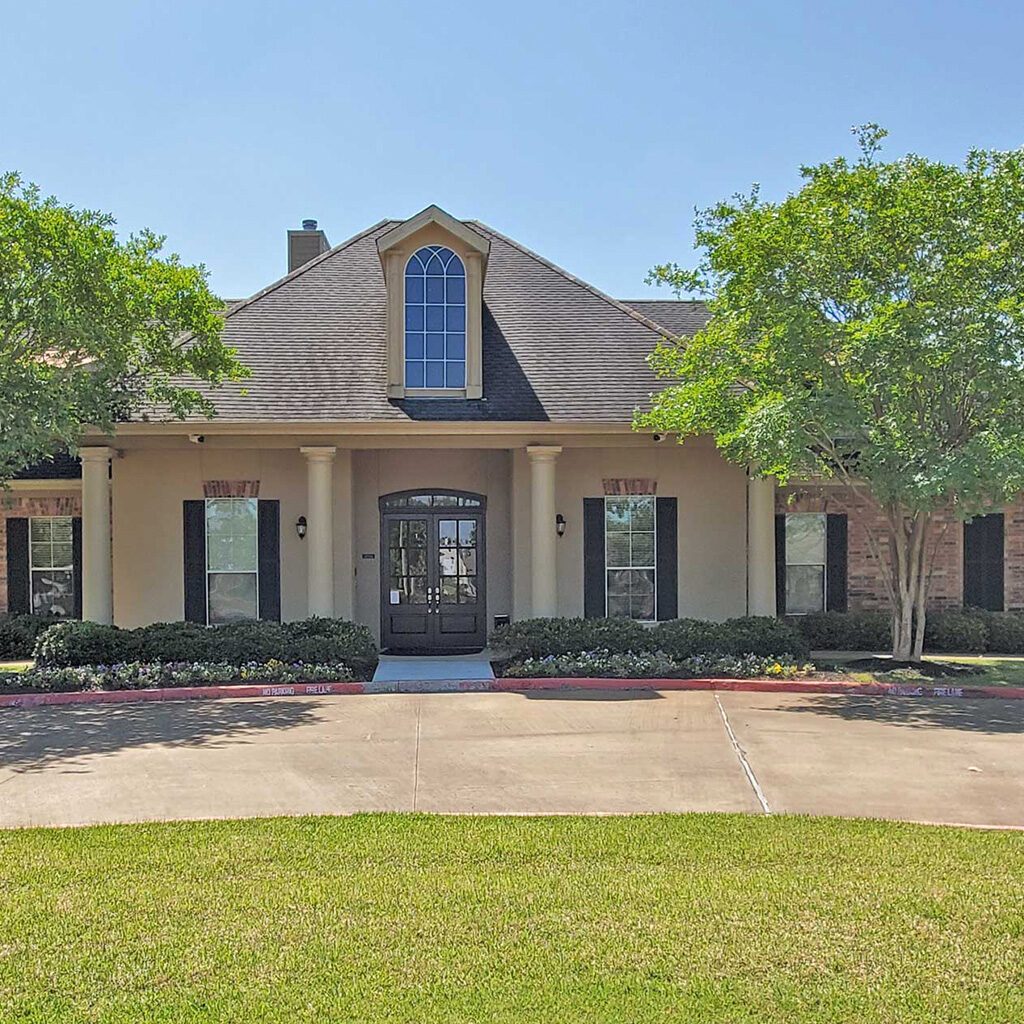We’ve all heard that expression, generally given to mean taking too much time to make a choice between two alternatives, one good but the other, perfect! But, if you deliberate too much, you may miss out on both and have nothing to show for your deliberations.
That phrase recently was apt for one of our multifamily developer clients as they had to make a choice between refinancing options for three of their Louisiana rental projects.
The backstory – in 2017 and 2018 we originated three HUD-insured loans for Waterview at Sugar Mill, a 168-unit apartment community; Elan at Terra Bella, a 178-unit development; and Magnolia Trace, a 96-unit expansion of an existing community.
Interest rates had declined, providing our client with the opportunity to generate debt service savings. We suggested two options: refinancings structured under HUD’s Mortgage Note Modification/Interest Rate Reduction (IRR) protocol or new refinancing loans insured under HUD’s Section 223(a)(7) program.
New loans would maximize debt service savings by extending terms but would take considerably longer to close, with the applications undergoing a more comprehensive review. This would expose the refinancings to interest rate risk.
Short-form note modifications/IRRs would generate lesser savings because the loan terms could not be extended and loan prepayment penalties had to be funded in the interest rate. However, the IRRs would close more quickly, giving our client an opportunity to capture interest rate savings while market conditions still were favorable.
Our client chose good over perfect, with excellent results.
Acting as Financial Advisor, we developed the initial modeling of the IRRs and coordinated the development of the proposals with the existing loan servicer, whom we brought into the prior deals. The IRR transactions took approximately 80 days to complete.
Interest rates were reduced by an average of 30%, generating approximately $13.63 million in total debt service savings through the remaining terms of the loans.
The IRRs are another example of SMF maintaining long- term relationships delivering to them ongoing value.

